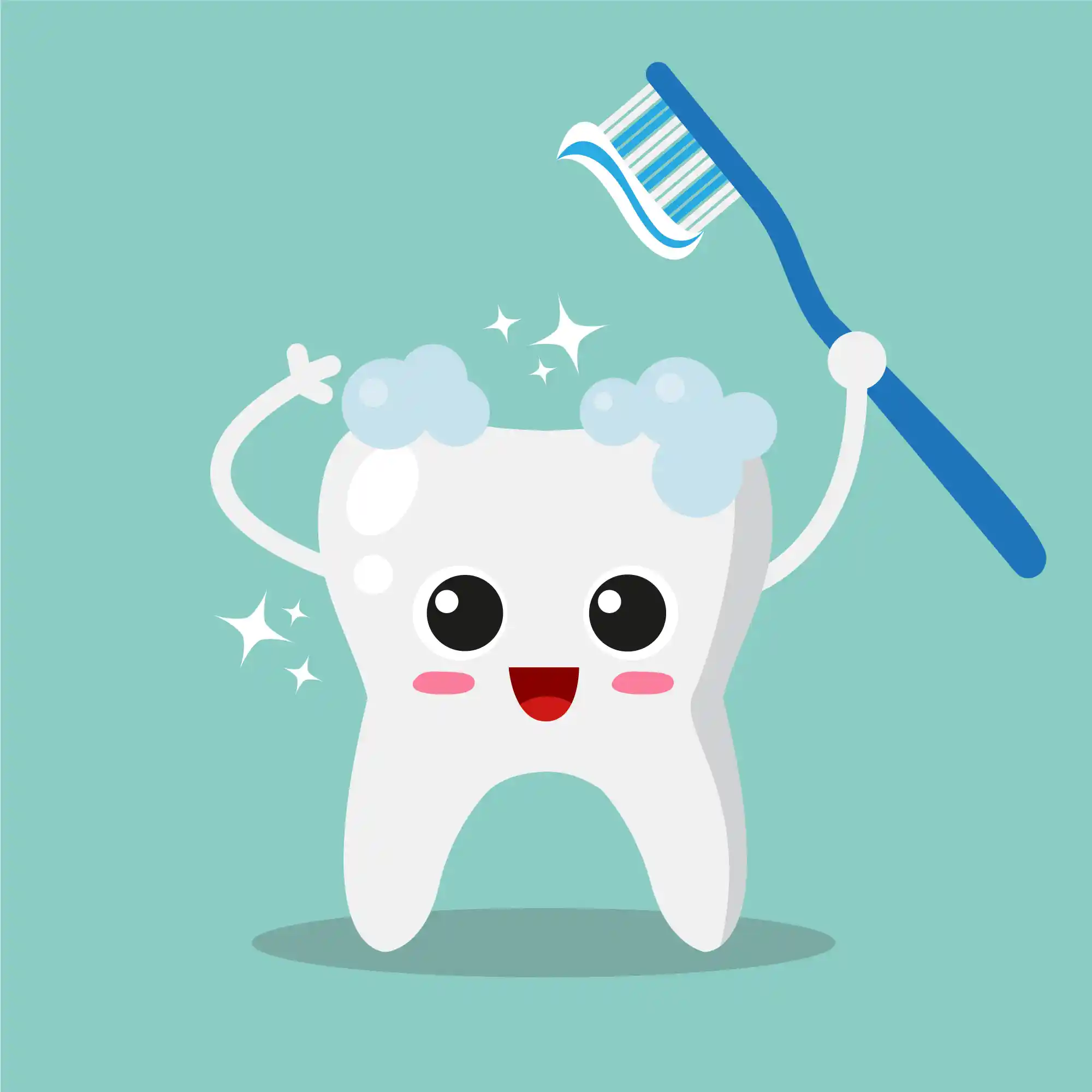The Hidden Culprits of Bad Breath: What You Need to Know

Millions of people suffer from bad breath or halitosis, and it can be a major source of embarrassment and social anxiety. While most people may think that brushing their teeth regularly and using mouthwash is enough to combat this problem, there are many hidden culprits of bad breath that many of us are not aware of.
In this article, we will take a closer look at these hidden culprits and provide you with tips on how to combat them.
The Role of Bacteria
Bacteria play a major role in causing bad breath. Our mouths are home to millions of bacteria, and when they don’t get cleared out properly, they can break down food particles in the mouth and produce foul-smelling compounds. This is why practicing good oral hygiene, including brushing and flossing regularly, is crucial in keeping bad breath at bay.
However, other factors can contribute to bacterial growth in the mouth. These include dry mouth, which can be caused by certain medications or medical conditions, as well as smoking and alcohol consumption. It’s important to address these issues to keep bacteria levels in the mouth under control.
The Impact of Diet
What we eat can also have a significant impact on our breath. Foods that are high in sulfur, such as garlic and onions, can leave a lingering odor in the mouth. Additionally, foods that are high in sugar or acid can contribute to plaque buildup and increase the chances of bad breath.
To combat this, it’s important to maintain a balanced and healthy diet. Eating plenty of fruits and vegetables can help keep bacteria levels in check and promote good oral health.
The Importance of Oral Hygiene
As mentioned earlier, practicing good oral hygiene is key to preventing bad breath. This includes brushing your teeth at least twice a day for two minutes each time, flossing daily, and using mouthwash. It’s also recommended to regularly clean your tongue, as bacteria can often accumulate on its surface.
Regular visits to the dentist’s office in Berlin CT, or your local dental clinic, are invaluable when addressing issues related to bad breath. These professionals can provide tailored advice and treatments, such as deep cleanings or the identification of any oral health conditions that might be contributing to halitosis.
Additionally, dentists are equipped to detect and treat periodontal disease, a common contributor to bad breath, by providing thorough cleaning and, if necessary, more targeted therapies. Therefore, keeping up with your dental appointments plays a critical role in maintaining fresh breath and overall oral health.
The Impact of Lifestyle Habits
Aside from diet, smoking and alcohol consumption can also lead to bad breath. Both of these habits can dry out the mouth and contribute to bacterial growth, as well as leave a strong odor on the breath. Quitting smoking and cutting back on alcohol consumption not only improves overall health but can also significantly improve oral health and freshen breath.
Staying hydrated is also important in preventing bad breath. Drinking plenty of water helps to keep the mouth moist and wash away food particles that could potentially lead to foul odors.
Conclusion
In conclusion, many hidden culprits of bad breath go beyond just poor oral hygiene. Bacterial growth, diet, lifestyle habits, and even certain medical conditions can all play a role in causing halitosis. By practicing good oral hygiene, maintaining a healthy diet and lifestyle, and addressing any underlying health issues, you can effectively combat bad breath and enjoy fresh breath and improved overall health. So be sure to pay attention to these hidden culprits and make the necessary changes for a healthier mouth and fresher breath.





